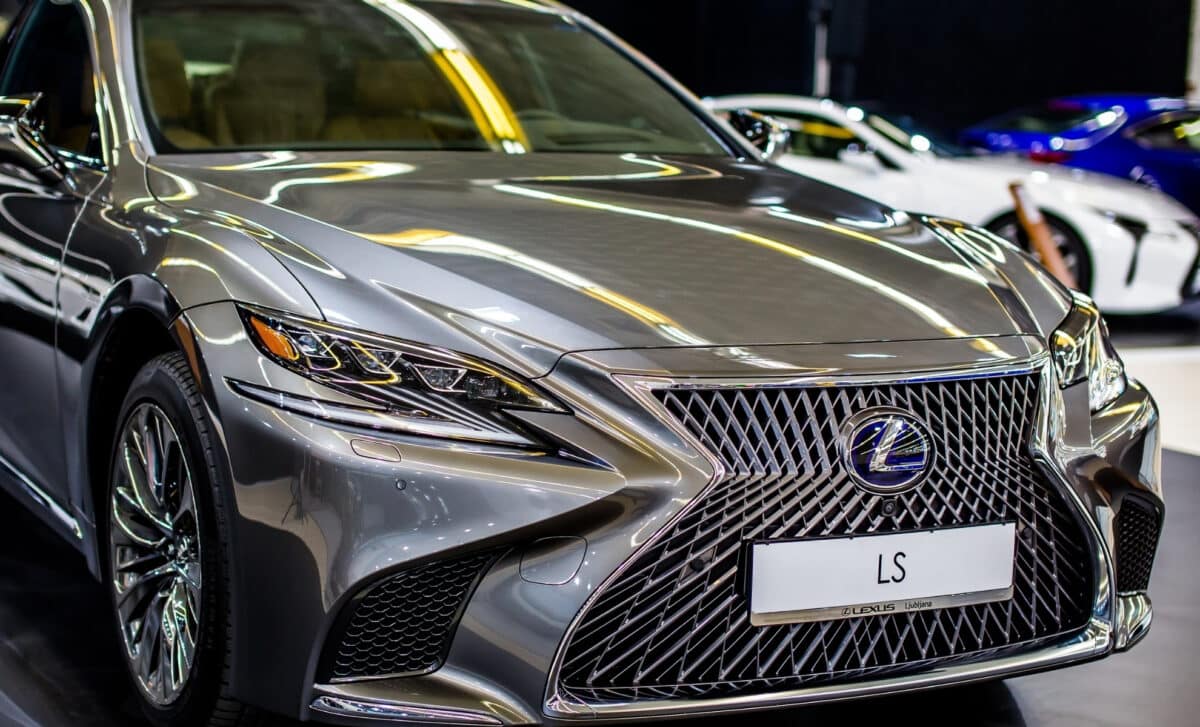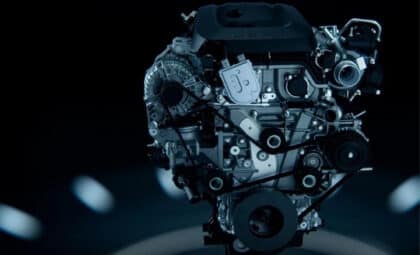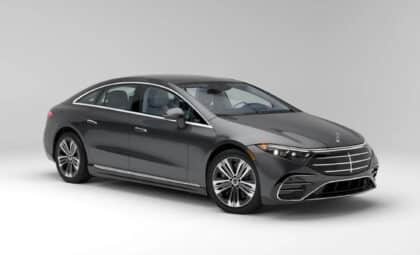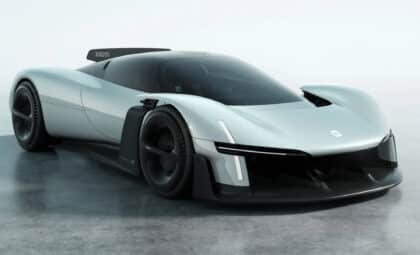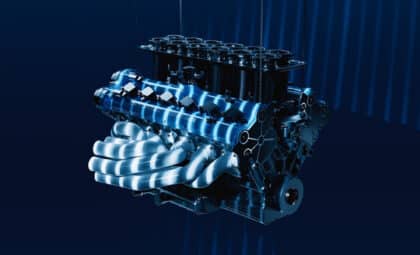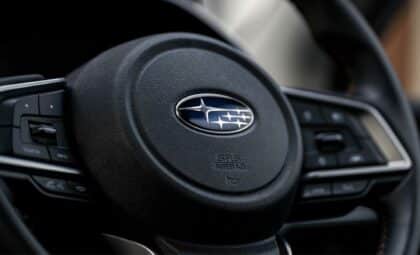Toyota has shifted the structure of its internal hierarchy, elevating the Century nameplate to flagship status and giving Lexus permission to “move more freely,” in the words of branding chief Simon Humphries. This freedom signals a broader transformation: Lexus is being steered toward bold experimentation and away from its conservative roots.
In 2023, Lexus recorded its best year ever, delivering 851,214 vehicles globally. Rather than reinforce the strategy that led to this success, Toyota is using the momentum to take risks. The company sees this moment not as a plateau, but as a launchpad. While the Century now holds symbolic flagship status, Lexus is expected to lead with innovation—and to do so outside the traditional bounds of sedans and SUVs.
This shift comes directly from the top. Toyota Chairman Akio Toyoda has told Lexus engineers to “discover” and “imitate no one.” That’s more than a motivational slogan—it’s a clear directive to challenge the format of luxury itself.
A Six-Wheeled Minivan Takes Center Stage
The most striking product of this new philosophy is a three-axle luxury minivan concept, set to debut at the upcoming Japan Mobility Show, reports Motor1. Toyota has not only confirmed the concept, but is openly discussing the possibility of giving it the LS badge, a designation historically reserved for the brand’s most refined sedans.
“It’s an incredible challenge,” Toyoda said, referring to the demands of adapting Lexus values to such an unconventional vehicle. “There are certain things people expect from Lexus—quietness, comfort, the ability to conquer any road.” Meeting those standards in a six-wheeled platform is a task that, according to Toyoda, the team is embracing fully.
The concept would sit above the existing Lexus LM, a model already marketed as a premium van in select regions. Unlike the LM, which is based on the Toyota Alphard/Vellfire, this new vehicle is being pitched as an entirely original interpretation of luxury—something closer to a mobile salon than a family hauler.
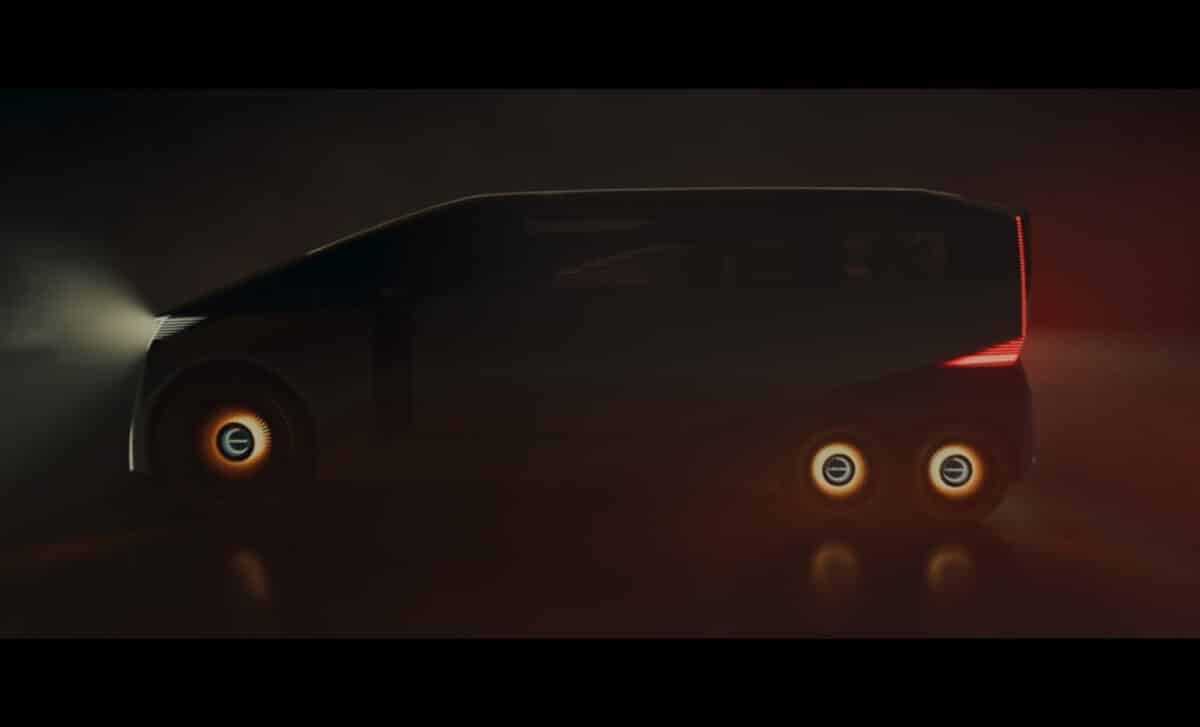
Redefining What “LS” Means
The LS sedan, once the crown jewel of the Lexus lineup, is approaching the end of its production life. But instead of replacing it with a new-generation executive saloon, Toyota is rethinking the category entirely. “The ‘S’ in ‘LS’ now stands for ‘space’ rather than ‘sedan,’” Toyoda told his development team.
This symbolic pivot marks a departure from Lexus’s identity as a quiet, conservative alternative to European luxury brands. Instead of launching yet another large sedan, Toyota wants to introduce what it calls “a new form of luxury car.” The LS-badged minivan is not just a design experiment; it’s being presented as the brand’s new flagship format.
The move also reflects a broader industry trend in Asian markets, especially in China, where demand for high-end, chauffeur-driven vans is growing. Models like the Volvo EM90 and Buick GL8 have carved out space in this niche, and local brands such as Denza D9, Xpeng X9, and Zeekr 009 are intensifying the competition.
Targeting the Rising Luxury Van Market
Toyota’s decision to pursue this direction is shaped by a rapidly evolving market. Luxury vans are gaining traction across Asia, where consumer expectations are shifting from performance to interior space, convenience, and personalized comfort. Lexus is aligning its strategy with this trend, and the new concept is likely to be fully electric, like its Chinese rivals.
Although the concept has yet to be revealed, Toyota’s communication suggests that a production version could emerge by the end of the decade. Still, the timeline is secondary to the message: Lexus is no longer confined to sedans or traditional prestige markers.

